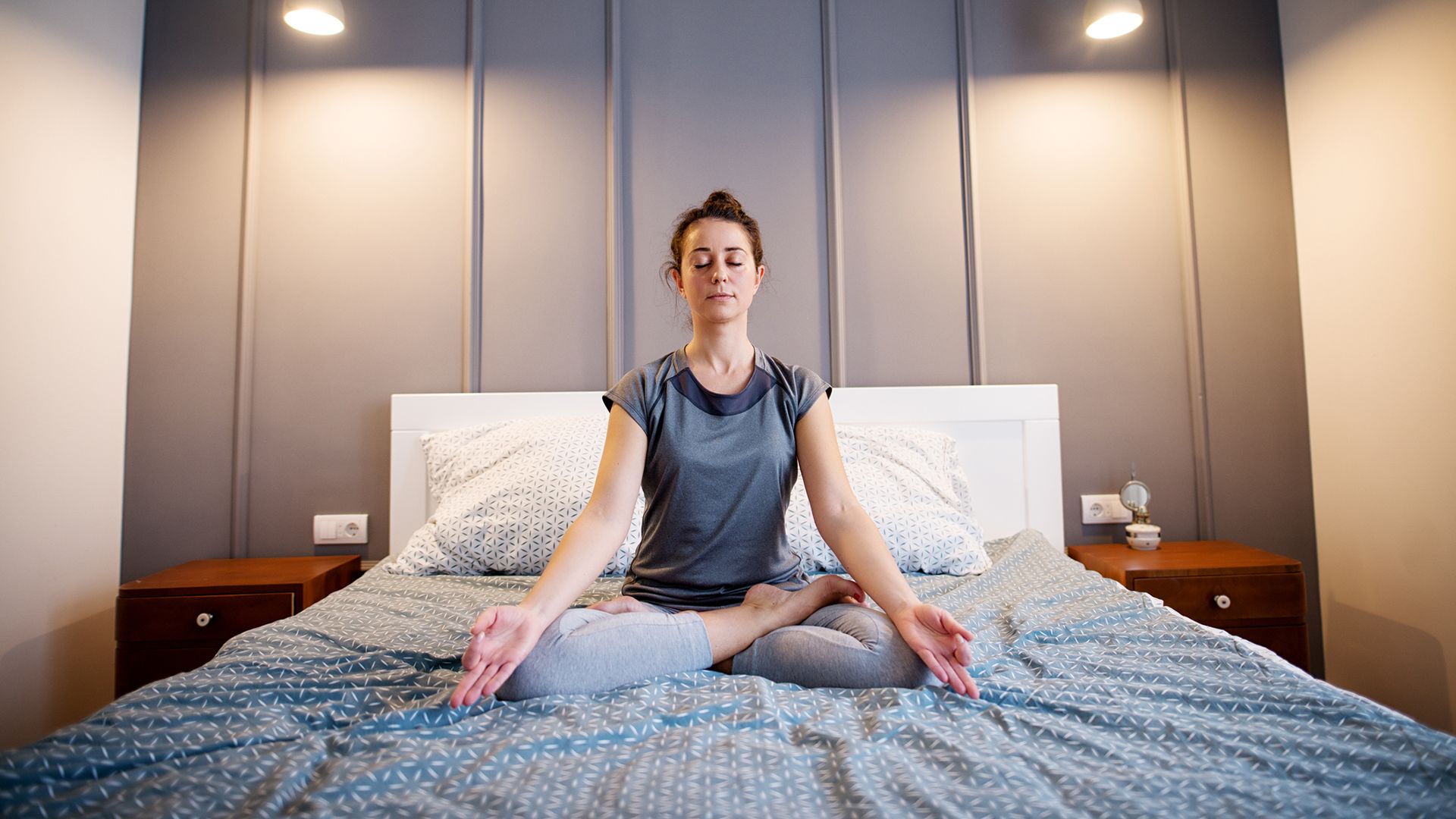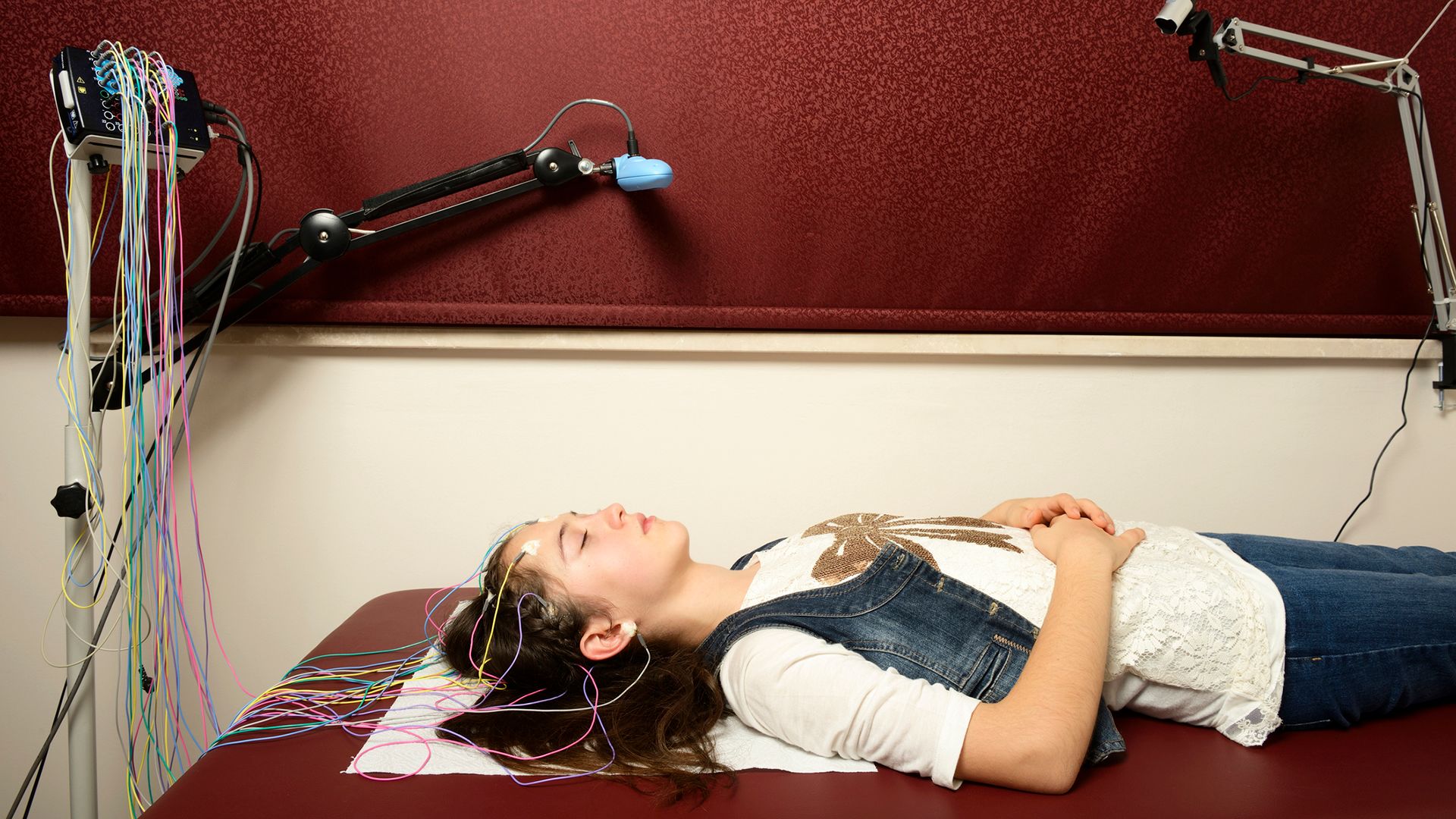Updated on October 2, 2024
Living with idiopathic hypersomnia (IH) isn’t always easy. Experiencing excessive daytime sleepiness—no matter how much you sleep at night—can have a large impact on your everyday life. For example, it can make it hard to perform your best at work or school and to participate in activities with friends and family. But there are treatment options that can help.
Idiopathic hypersomnia is generally treated by a sleep medicine specialist. This is a healthcare provider (HCP) who specializes in treating sleep disorders. Sleep medicine specialists may work with other HCPs in a sleep center or they may have their own practice.
Medications used to treat IH
In August 2021, the U.S. Food and Drug Administration (FDA) gave the first approval of a drug specifically to treat IH in adults. This medication is a central nervous system stimulant (CNS stimulant) and is taken at night to help improve alertness the following day.
Various stimulant medications and non-stimulant medications that promote wakefulness are also sometimes prescribed to treat IH. These medications are not specifically indicated by the FDA for IH, but they may be prescribed by sleep medicine specialists to treat the condition. This is referred to as “off-label prescribing.” It's a common practice for rare conditions and conditions for which treatment options are limited.
When starting any medication, it’s important to talk to your HCP about how the medication works, the potential risks and benefits, and dosing instructions.
Cognitive behavioral therapy
Cognitive behavioral therapy (CBT) is often the first form of treatment that sleep medicine specialists recommend for sleep disorders like IH. With CBT, a person will work with a therapist to develop new lifestyle habits that may improve sleep. They may also work on cultivating methods for coping with the challenges of living with a sleep disorder.
In 2020, researchers developed a version specific to hypersomnia, called CBT-H. After the program, 40 percent of participants had significant improvement in depression related to idiopathic hypersomnia. CBT-H can also be used in combination with medication.
Lifestyle changes
People with IH might have co-existing circadian abnormalities. This means the internal body clock that regulates sleep and wakefulness is off. Sleep specialists may recommend light therapy or using melatonin if this is the case.
Lifestyle changes can also help people with IH get better-quality sleep. These steps may include:
- Avoiding alcohol and caffeine
- Avoiding activities that delay bedtime
- Getting regular exercise
- Eating a well-balanced diet
Keeping a sleep diary can help you track how well you're sleeping based on your day-to-day habits and medications.
It’s important to remember that IH is a different experience for everyone. Your best source of information will be a sleep medicine specialist who can help you decide on the right treatment option or the next steps in treatment.






